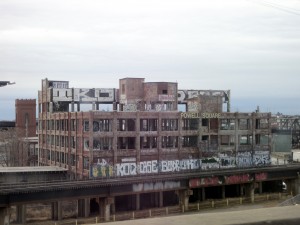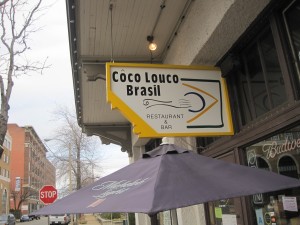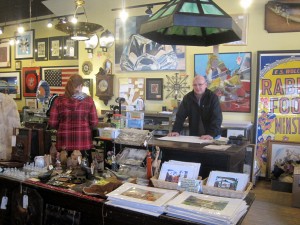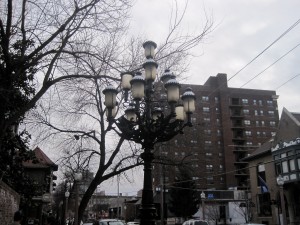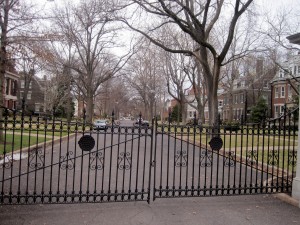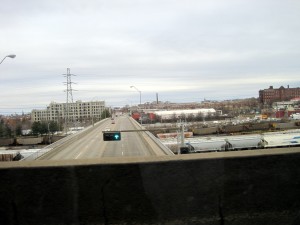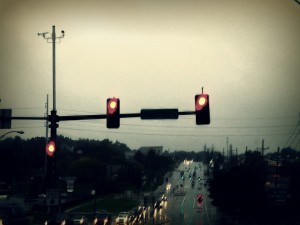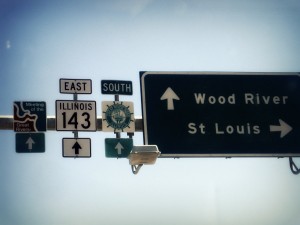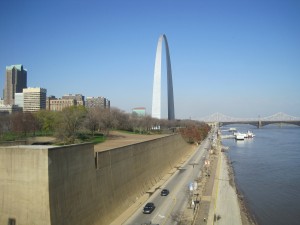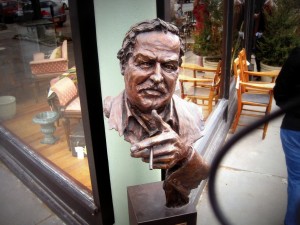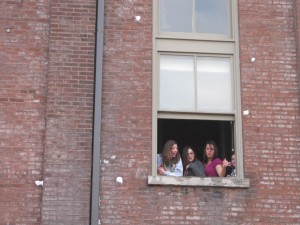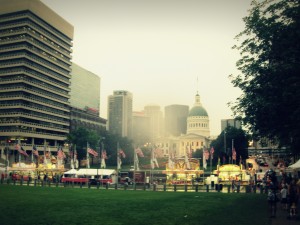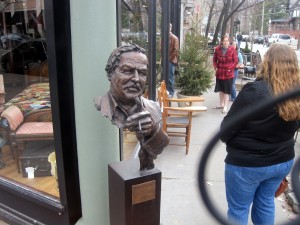Five students of three countries from various disciplines sat down in a Chinese restaurant downtown Edwardsville today for dinner. It was the first time the five of them would be sitting together in one place, and it soon dawned on them that they were all beneficiaries of the Fulbright program. “Wow,” one of them said. “This is really interesting – three generations of scholars in one place at the same time.”
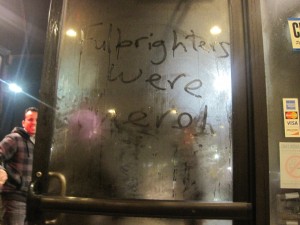 “By this time next year, if the current two return here, we’d be almost ten,” another person said, “and it would be interesting to gather around again for a discussion like this.”
“By this time next year, if the current two return here, we’d be almost ten,” another person said, “and it would be interesting to gather around again for a discussion like this.”
“We could actually do something right now, you know.” The Egyptian said.
“Yes,” said the Moroccan. “I’ve been thinking of a public project involving us all and this environment, either on campus, or the public school system in the state. Some volunteer project in town, you know.”
“Why didn’t we think of this earlier? This actually sounds great. What do you have in mind?” I said.
“We can go to elementary schools to talk to them about where we’re from and what we do?”
“Or tell them stories, teach them songs, or share some cultural ideas. Or show a movie on campus?”
“It will enlighten them, I believe. I’m sure students will benefit from this. A cultural exchange. Something.”
“Totally.”
By the time the evening ended, they had discovered a new level of usefulness for the bond that they all shared. They had also figured out a more detailed plan of action and the path to putting the many ideas into practice. After all, it was right before their very eyes, and within their collective reach. They just hadn’t noticed it before because of individual commitments. Now everything had become clear. The day had served its usefulness. They cheered and partook of it with all relish.
